Full throttle on Hells Angels bikies’ assets sale
Now this is a character home — it’s the former Adelaide HQ of the Hells Angels bikies.
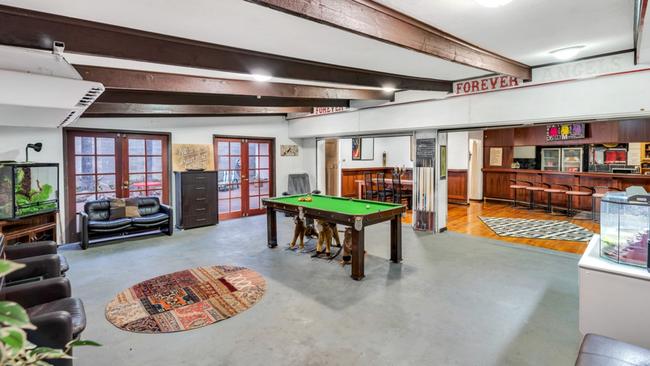
Character homes don’t come with much more character than this — the former Adelaide headquarters of the Hells Angels motorcycle gang, the last remaining bikie clubhouse to be sold off under South Australia’s bikie laws.
The property — which features a bar, gym, pool room, CCTV system and is patriotically decorated with an Australian flag — is now under contract after being listed in July with an asking price of $550,000.
The sale means there is not a single motorcycle gang left in SA with its own headquarters as a result of tough laws introduced four years ago giving parliament the power to declare the gangs criminal organisations and their clubrooms proscribed premises.
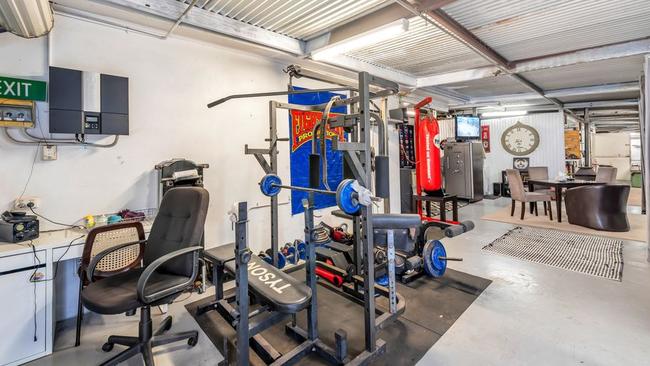
The laws also prevent members from congregating in groups of three or more and ban them from mass public rides and wearing gang colours in licensed premises.
South Australia Police assistant commissioner (Crime) Scott Duval told The Australian the number of active bikies in SA had fallen since the laws took effect, from a high of about 350 to 200 today, with the alleged leaders of emerging gangs such as the Canada-based Rock Machine arrested before the organisation could establish a foothold.
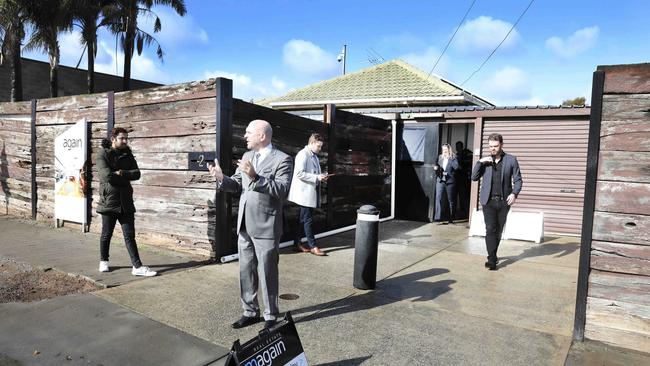
“A lot of the 200 are in custody as well,” Mr Duval said. “It really disrupts them. If you can arrest some members and put them into custody, the gang loses the hierarchical structure it relies upon. Once you can attack the executive structure, you start to dismantle the group and they become quite fractured.
“The wearing of the colours in public, the very overt display that for some people caused quite a lot of apprehension … if you saw a bikie in colours, the intimidation factor was really considerable. We have seen the dismantling of that very overt gang presence.”
The state’s first bikie laws were introduced in 2009 by then premier Mike Rann but were struck down by the High Court as unconstitutional because they compromised the independence of magistrates by demanding restrictions be put on gang members without giving the courts the power to review evidence.
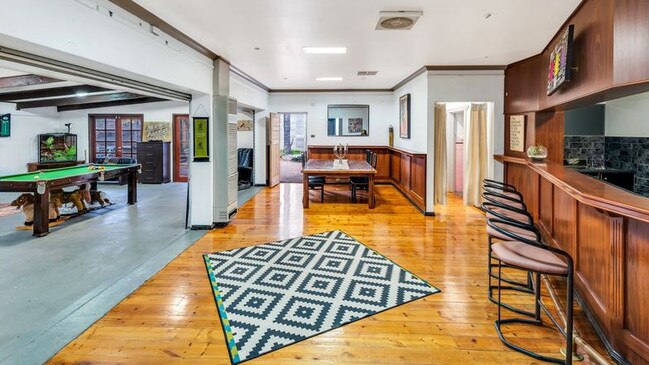
The state Labor government then moved in 2015 to bypass the courts and give parliament the power to declare certain groups outlaw criminal motorcycle gangs, letting police go after their members and activities.
Ten gangs are now listed — the Bandidos, Hells Angels, Descendants, Finks, Gypsy Jokers, Comanchero, Mongols, Nomads, Rebels and Red Devils — although the Nomads have largely ceased to exist as many of their leaders have been rounded up and jailed.
Despite the laws, SA has experienced an upswing in gang activity in the past two months, with a spate of cars and businesses firebombed by rival members.
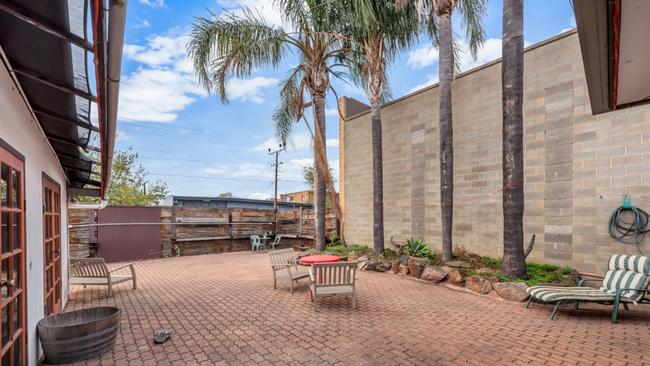
Mr Duval said police believed the violence was linked to members defecting from one gang to another, in the latest instance between the Comanchero and Mongols.
“You always get those who patch over to a rival gang,” he said. “They do jump around a bit and that creates part of the problem when you step off that gang to a rival gang.”
Every state police force has its own anti-gang squad working under the national anti-bikie operation Operation Morpheus, where frontline police are backed by federal police, the taxation office and Austrac to monitor suspicious activities by the nation’s estimated 4500 bikies.
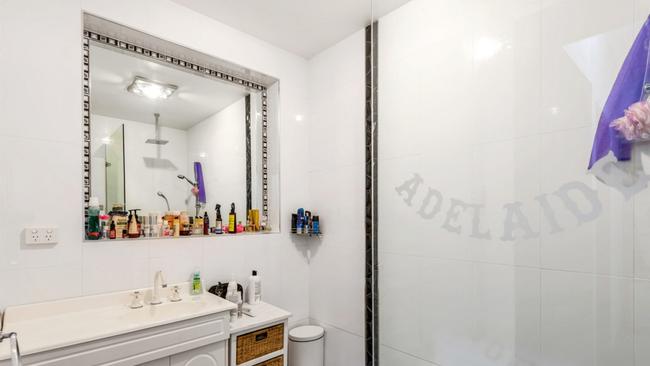
The real estate agent who sold the Hells Angels’ Clarence Gardens clubhouse, Stuart Costello of Magain Real Estate, said the property attracted “phenomenal interest”.
“The notorious nature of the building made it of interest to people wanting something a little bit edgy, like a men’s barbers or a micro brewery,” Mr Costello told The Australian. “With all the attention, we couldn’t have open inspections because we would have got 100 people through and only three of them wanting to buy it.
“It’s under contract and with its commercial zoning it will suit the needs of the new owner.”
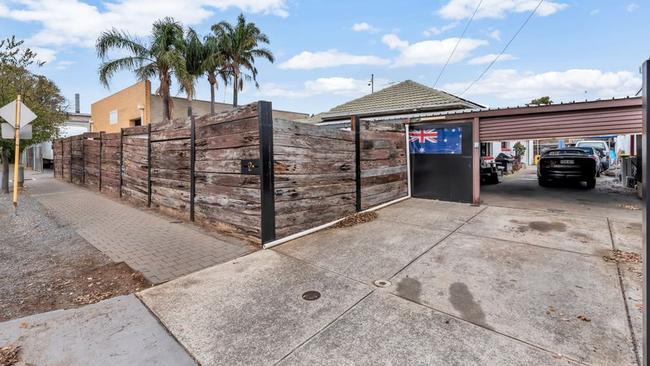
Mr Duval said the sale of the property was another example of the power of the bikie laws.
And he rejected criticisms by civil libertarians and defence lawyers who warn that the laws could be used against other groups, saying the best way to avoid scrutiny was not to become one of the “one percenters” — the 1 per cent who don’t fit and don’t care, as journalist Hunter S. Thompson wrote in his history of the Hells Angels.
“We are not targeting a group of people who happen to ride a Harley on the weekend on a social motorbike ride,” Mr Duval said. “It was never intended for that, and will never be used for that.”




To join the conversation, please log in. Don't have an account? Register
Join the conversation, you are commenting as Logout